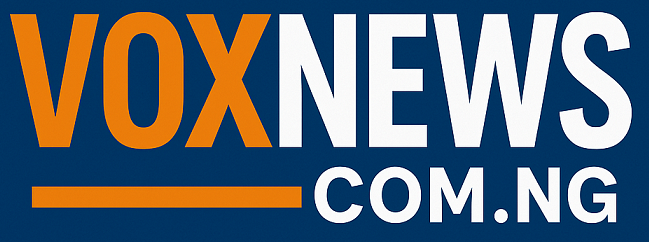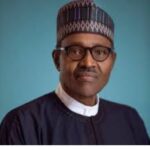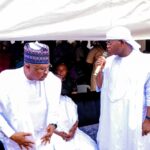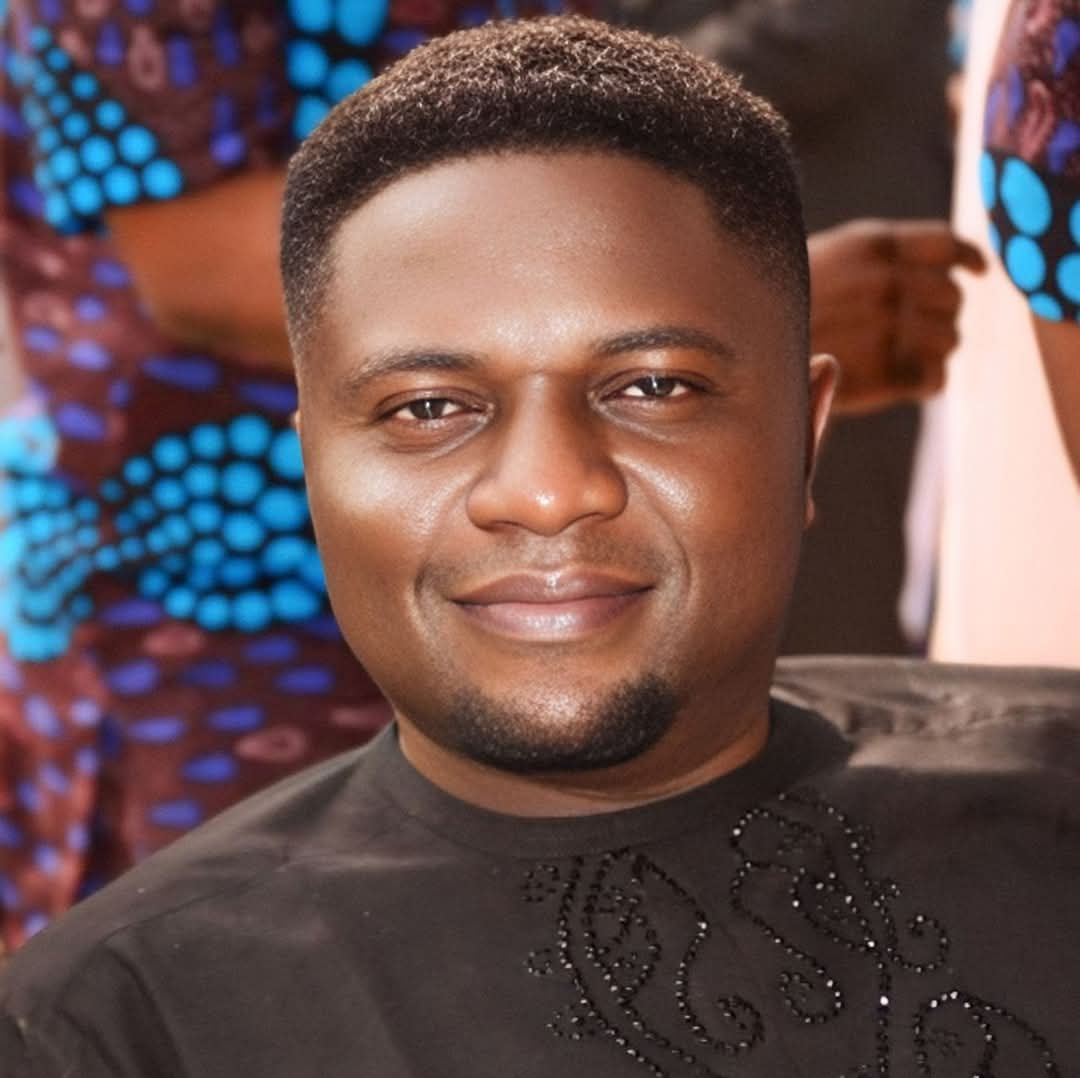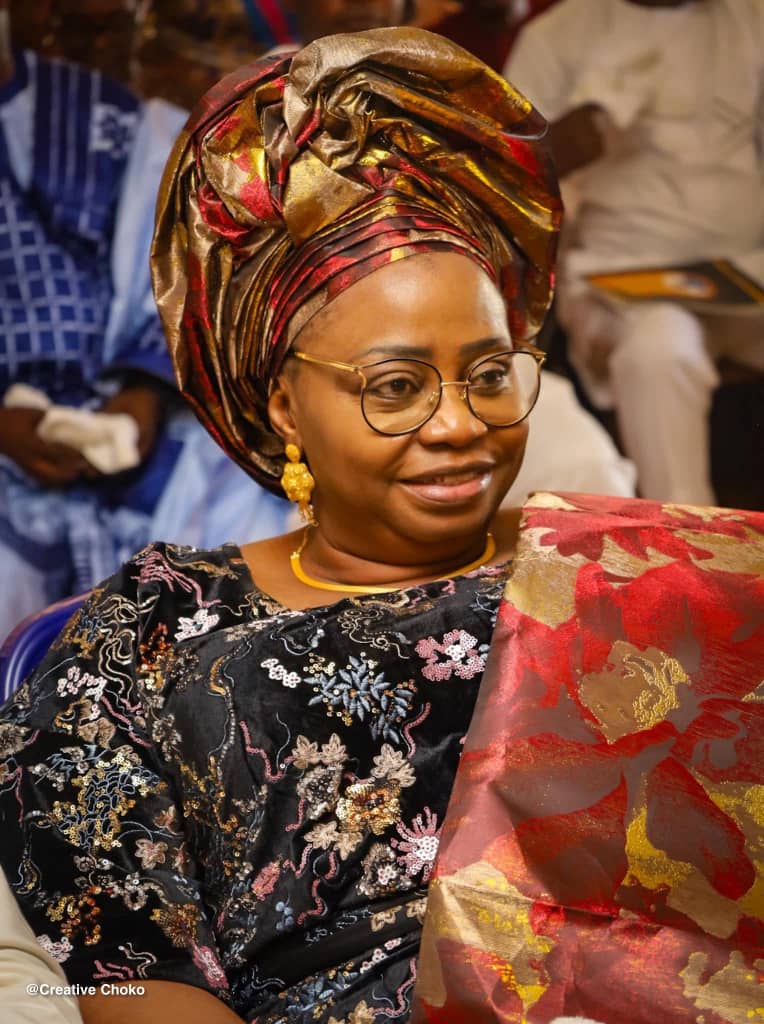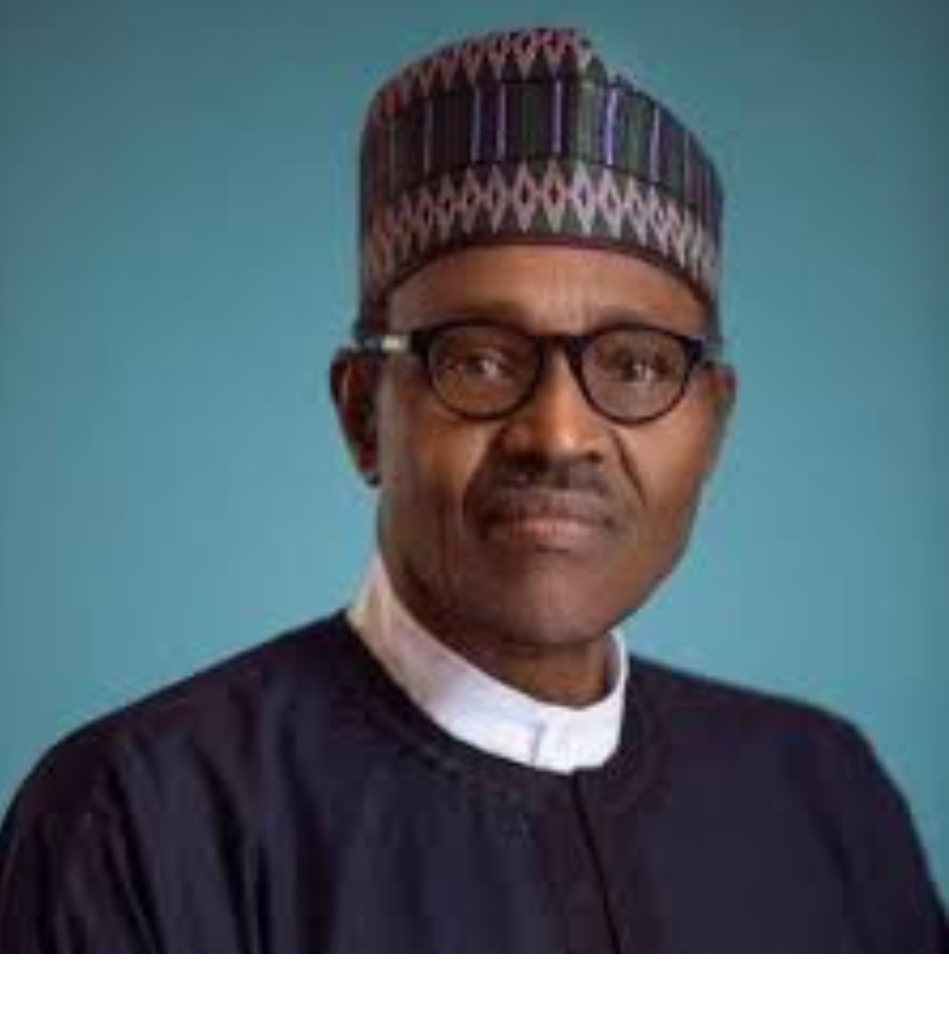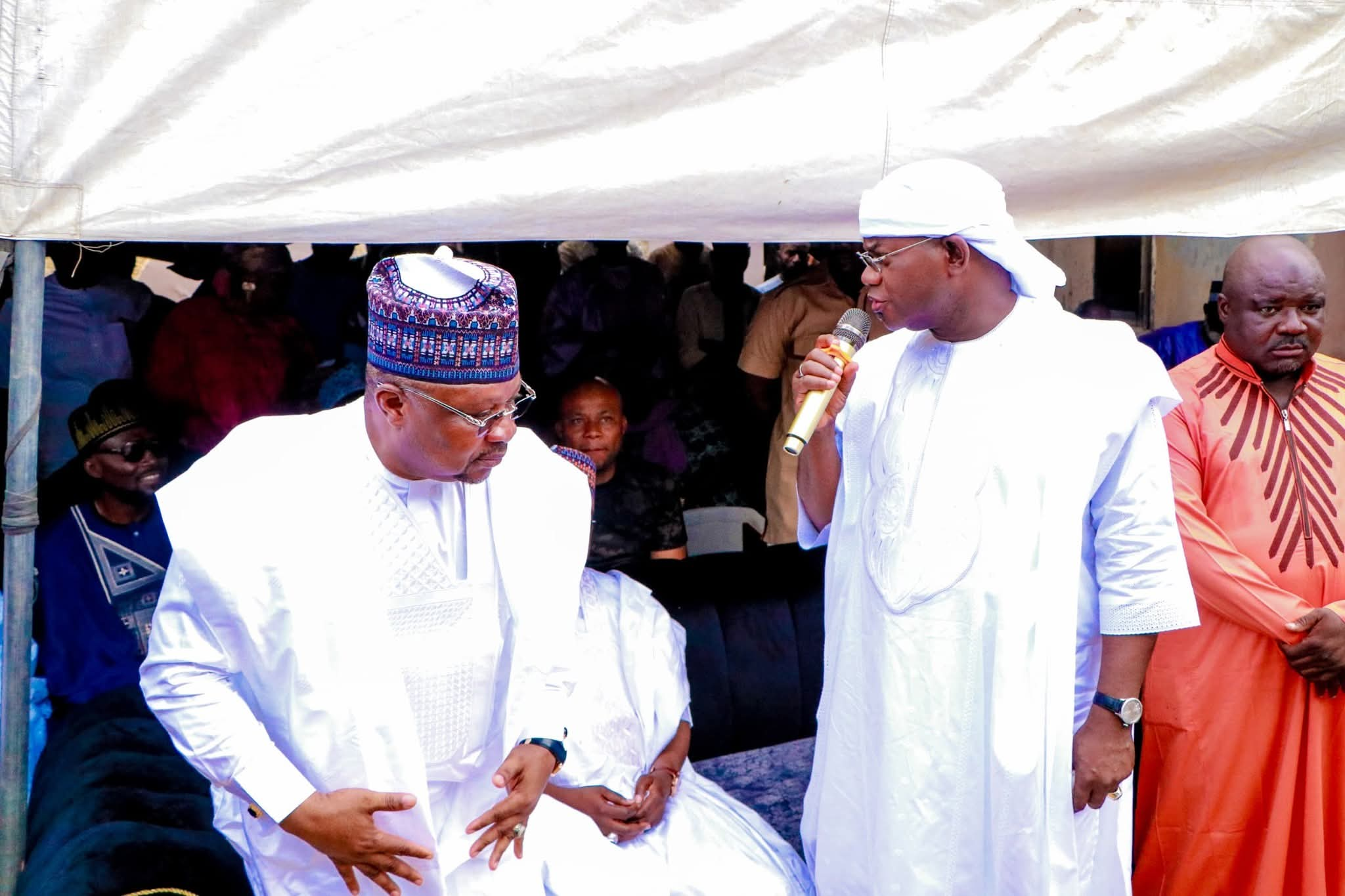“Hope ’93” must not become “Hopelessness 2025”
By Christopher Sunday
Department of Social Sciences and Humanity, Kogi State Polytechnic, Lokoja, Kogi State.
June 12 is not merely a date on Nigeria’s calendar — it is a living question posed to every leader who wields power in the land. It is the symbol of a national covenant sealed with the blood of Chief Moshood Kashimawo Olawale Abiola, a man whose life was brutally cut short for daring to believe that Nigeria could be governed justly. His election, annulled by the military, was not only a betrayal of the ballot but of hope itself. And yet, he remained a symbol — not of bitterness, but of sacrifice.
The philosophical depth of June 12 lies in its reminder that power must be servant to the people, and not a weapon against them. It reminds us that legitimacy is not inherited through office but earned through the humility of service. That we honour MKO Abiola today should not end in ceremonial wreaths, nor be reduced to press statements. It must provoke sober reflection and a moral interrogation of our national leadership.
It is in this spirit that we address the state of our nation under the administration of President Bola Ahmed Tinubu and the state governors. This is not an attack, but a caution — a call for responsible stewardship at a time when Nigerians are groaning under the unbearable weight of hardship. We cannot speak of inherited challenges while displaying extravagance that contradicts the cry of the common man.
How can a leader who claims to have inherited a dilapidated Nigeria justify spending ₦21 billion to renovate the residence of the Vice President? What moral basis supports the allocation of ₦70 billion for the purchase of SUVs for members of the National Assembly — some costing as much as ₦160 million each — when millions of Nigerians cannot afford two meals a day?
It is difficult to rationalize the ₦4 billion allocated to renovate Dodan Barracks, and another ₦3 billion for Aguda House, both largely symbolic structures that do not serve the direct welfare of the public. Likewise, the ₦5 billion reportedly given to the Presidential Tax Reform Committee headed by Taiwo Oyedele — with no clear outcomes presented to the public — raises serious questions about value for money and accountability.
The reported ₦1.5 billion used to purchase vehicles for the First Lady, Senator Oluremi Tinubu, calls for concern, especially since the office of the First Lady is not constitutionally recognized. How do we explain a 300% salary increase for judges — passed swiftly by the Senate — at a time when public university lecturers, doctors, nurses, and civil servants are pleading for better remuneration?
Equally troubling is the ₦5 billion reportedly set aside for a presidential fleet of vehicles, and another ₦5 billion for the purchase of a presidential yacht. The cost of maintaining an executive lifestyle — including the ₦225 billion spent on a presidential jet — seems completely tone-deaf in an era where schools lack chalk, hospitals lack beds, and citizens lack hope.
We cannot forget the ₦90 billion budgeted for the 2024 Hajj pilgrimage. While religious observances are important, using public funds to sponsor pilgrimages in a secular state where poverty reigns is a misplaced priority. And as the President and Vice President crisscross the globe, the cost of these frequent foreign trips runs into billions — with no clear returns or justification for such expenditure.
At the same time, reports indicate that each Senator receives a monthly package of ₦21 million, while each member of the House of Representatives earns ₦13.5 million. These staggering figures stand in sharp contrast to the minimum wage of the average worker, and only deepen the divide between the ruling class and the ruled. All of these pay raises and perks were implemented under this current administration.
We must also question the rationale behind awarding the ₦15 trillion Lagos-Calabar Coastal Road project to a Lebanese associate of the President, Gilbert Chagoury, under circumstances that many legal observers have flagged as improper. This is an era that should demand openness and competitive bidding — not backdoor dealings.
The administration has appointed the largest number of ministers in Nigeria’s history. Where is the money coming from to maintain these appointees? Recently, a new Ministry of Livestock Development was created — adding to an already bloated federal structure — even while the long-recommended Oronsaye Report on the merging of redundant agencies remains ignored. We cannot plead austerity while embracing expansion.
Meanwhile, the subsidy on fuel has been removed. So too has the subsidy on electricity. These were justified on the grounds of saving public funds. But Nigerians ask: where are the savings going? What has the government done with the trillions saved from these removals? There is no public accounting. No investments in infrastructure or mass employment. Only more borrowing and silence.
Rather than see a reduction in the cost of governance, we have witnessed its amplification. Food prices have gone out of control. Electricity tariffs have risen with no improvement in service. Education is now a privilege for the elite. Basic health care is out of reach. Insecurity has worsened. The economy is in free fall. Youth unemployment is at an all-time high. Nepotism is openly practiced. Corruption has taken on official protection. Yet, security votes for the President, Vice President, and Governors remain untouched, and the allowances of public officers have not been trimmed. In all this, the Nigerian citizen receives no tangible support from the government.
This cannot be the renewed hope Nigerians were promised. It is, sadly, renewed hopelessness, deception, and destitution.
It is important to note that the recklessness is not limited to the federal level. Many state governors now operate like emperors. Monthly allocations are received without accountability. Most states do not publish financial reports. The people are excluded from the budgeting process. Governance has become ceremonial and political, not developmental. And so the poverty deepens. Infrastructure collapses. Workers go unpaid. Youth are ignored. Only cronies benefit.
Today, it is painfully clear that the political class enjoys over 70% of our commonwealth, while the majority of Nigerians survive on crumbs. This is not democracy. This is economic apartheid. It is an insult to the memory of MKO Abiola, whose campaign slogan was *Hope ’93*, and whose heart beat for the common man.
Therefore, on this sacred day, we appeal to President Bola Ahmed Tinubu, to all state governors, ministers, lawmakers, and heads of MDAs: listen to the suffering of Nigerians. Govern with compassion. Reduce the cost of governance. Account for public funds. Show restraint in lifestyle. Implement the Oronsaye Report. Cut the size of government. Reinvest in the people.
This is not a threat. It is not an insult. It is a moral appeal to leaders to remember that power is fleeting, but posterity is forever. History records. The people watch. And God is not mocked.
Let us not lose the soul of this country in pursuit of personal empires. Let us govern as if June 12 truly means something. Let us honour MKO Abiola — not in speeches — but in sacrifice.
